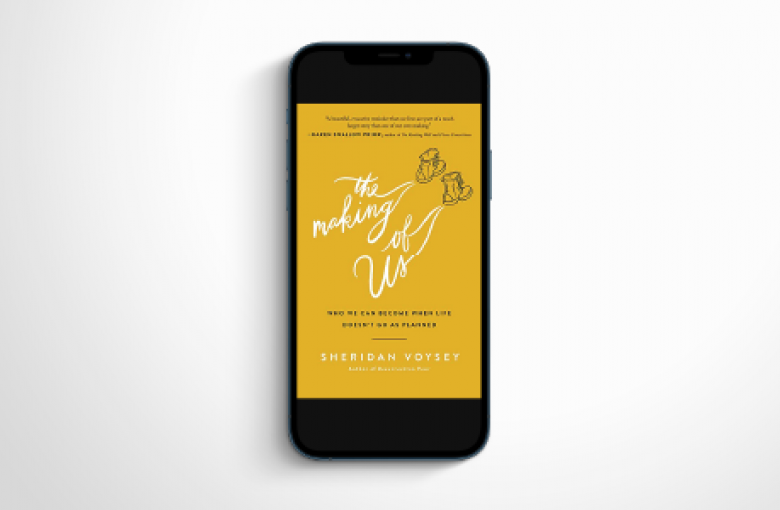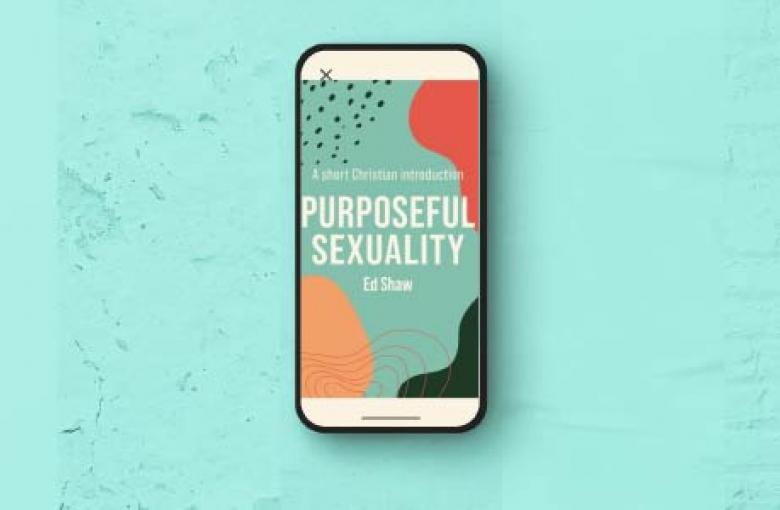This book does not feature same-sex attraction, is not a study on disappointment, and it is not a scholarly exposition of scripture. It is a book that advocates listening to God, finding space for peace, and being truthful about holding up our pain in silence to our Saviour.
In our culture, if you say something that others perceive to be wrong, you can provoke a verbal lashing or a social media storm, or worse. This article explores why God allows opposition to his people and shows how the Bible presents this as the normal Christian experience.
This article is an edited extract from a much longer conversation about disagreeing well with those holding to a revisionist view of scripture. Stuart Parker was in conversation with Andrew Goddard for the Ascend Higher podcast. Andrew is an Assistant Minister at a church in London and a tutor in Christian Ethics. Over the last three years, he has deeply involved himself in the Church of England’s project “Living in Love and Faith”, which has brought together church leaders from both traditional and revisionist perspectives.
“What is the purpose of our sexuality?” That is the question that this short book wrestles with. Ed Shaw takes us deeper than the “human flourishing” arguments that only focus on our happiness in this life – he also helps us to mature beyond the simple youth-group questions (e.g. “Whom can I have sex with?”) to the deeper and ultimately more helpful question of “What is sexuality for?”
To tell you my story, I should really go back to the 1970s. I grew up in rural East Anglia. My family were Quakers and so, from my birth, they took me along to the local Friends Meeting House. The one thing I most remember was being interminably bored!
The intention of this article is to help same-sex attracted Christians to get their particular challenge(s) in perspective, and to recognise that many other Christians also carry significant burdens resulting from their faith. Comparing the relative sizes of the crosses we bear with those of other Christians is an unhelpful exercise. If we judge that our particular burden is greater than that of others, it’s likely to fuel self-pity, resentment and pride.
I have found that when times are tough, the old urges become stronger, probably from me wanting to find an escape. However, I have also found that there is always some help available: through godly friends and mentors; the Word of God; Christian music and reading; prayer; contemplation and worship; physical activities such as sports; or creative activities such as art, craft and design.
It would be preferable to write the article “How I Dealt with Disappointment” as if I had gone through all the disappointment and come out the other side – “It’s in the past; just peace and joy from here on in.” Unfortunately, I would not be able to write that with much integrity.
Some people are childless by choice, but for those who would like to be parents, whether married or single, it is a bereavement. We grieve for the child we never had. We watch parents interacting with their children and see what we are missing. We listen to our friends talk about their children and now, at our age, their grandchildren, and we feel we have nothing to say. But being childless does not have to be less.









